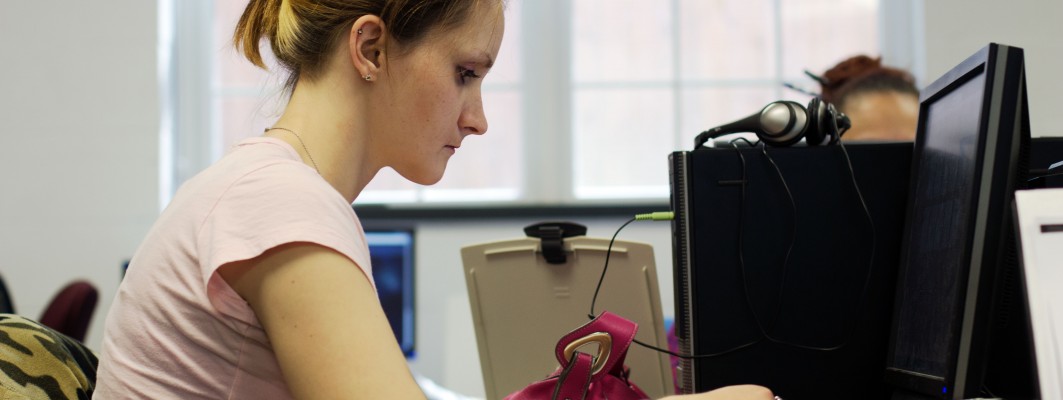
Growing up on the streets of Buffalo, he saw things that would make most of us run the other way. In fact, if you didn’t know him, you might run from him.
But as is the case with so many adult education students like him, E is much more than a tough guy.
E (he asked we only use his first initial) is incredibly earnest, thoughtful, and intelligent, though he’s only acknowledged these qualities in himself recently. A high school dropout, he once saw himself as someone incapable of learning. That left him with two options: “look like a dummy or be a trouble maker.”
After years of being on the streets, he ended up in jail with very little formal schooling. But four months after starting a GED program hosted by O/N BOCES (Orleans/Niagara Board of Cooperative Educational Services), he has his diploma and a desire to keep learning as much as he can before he is transferred to a federal penitentiary.
In short, E’s experience is an example of the impact adult education programs can have: providing a second chance for those who want to advance their education, regardless of how and when they make that decision.
O/N BOCES is one of 37 BOCES in New York, designed to spur collaboration between school districts within a given county and avoid duplication of services. O/N BOCES covers Niagara and Orleans counties—an area of the state where industries that once fueled the economy have diminished or disappeared altogether.
Its adult education division serves over 1,600 students a year, offering classes ranging from literacy to citizenship to high school equivalency. In 2013, O/N BOCES won a
MAGNA Award from the American School Board Journal
for its innovation in the field.
This forward-thinking approach is on full display at O/N BOCES’ adult learning program at the Niagara County Jail. Since 2013, O/N BOCES has offered daily High School Equivalency, job readiness training, and computer skills classes, in addition to vocational training including culinary skills, landscape design, and small engine repair. O/N BOCES plans to expand vocational offerings in the coming year.
Since starting the program, O/N BOCES has helped 718 students in the jail improve their academic skills. 72 of them, including E, have earned their high school diplomas, and case management ensures successful re-entry and lower chances of recidivism.
The O/N BOCES staff also runs ESL classes, under the name World Life Institute, for migrant laborers, bringing tablets to the apple orchards in Orleans County. The only time for seasonal workers to learn is the hour right after they are done working, so O/N BOCES wanted to be right there to teach them. Technology made this possible for them.
Once they had been offering the classes for awhile, O/N BOCES staff saw that the women did not come to classes very often due to cultural expectations of what is appropriate learning for females. So O/N BOCES began offering pottery classes that integrate ESL to reach these women.
In the end, O/N BOCES shows how technology goes hand-in-hand with a human touch. Their staff are committed to serving students inside and outside of the traditional classroom. It’s how O/N BOCES staff brings learning and the confidence that comes with learning to their students wherever they are that makes it a beacon for adult education.
“I want to keep this thing going,” E told us. “I am like an old engine,” and with O/N BOCES, “I got that good gas to keep me going.”